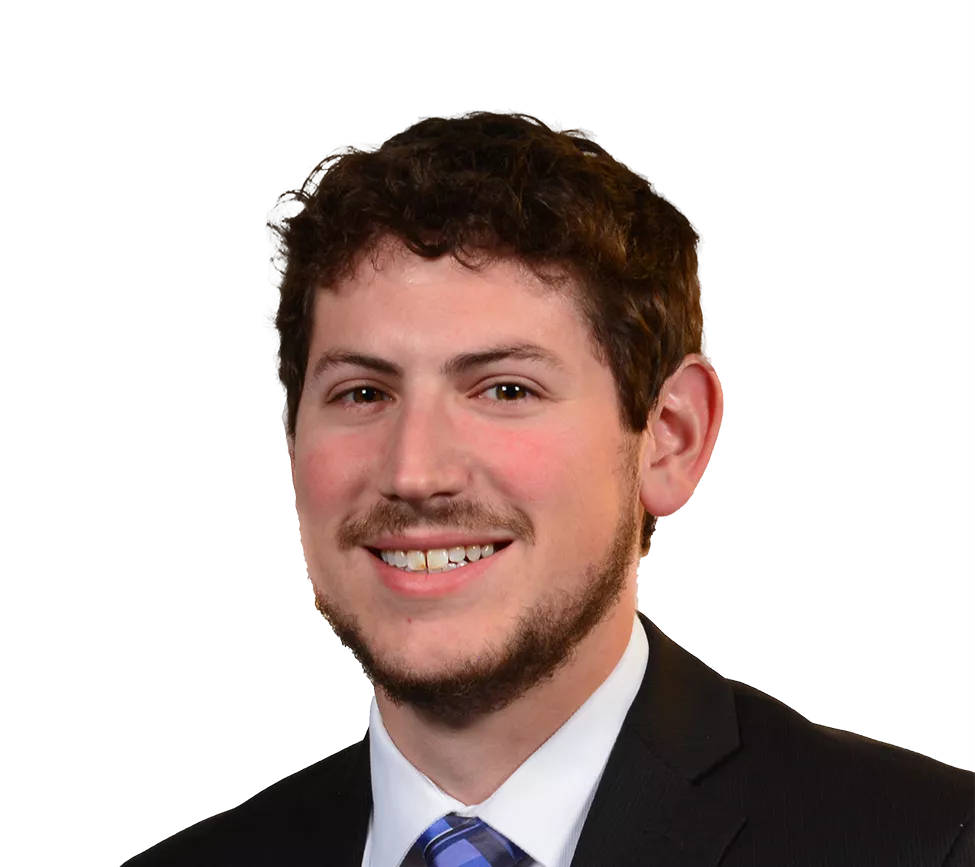

- Ph.D., Mechanical Engineering, Florida State University, 2013
- B.S., Biomedical Engineering, Boston University, 2009
- Professional Engineer Mechanical, Arizona, #71560
- Professional Engineer, Georgia, #053230
- Professional Engineer, New York, #111055
- Professional Engineer Mechanical, Texas, #155178
- Motorcycle Safety Foundation (MSF) Basic Rider Course
- Northwestern University Center for Public Safety, Traffic Crash Reconstruction for Engineers
- Northwestern University Center for Public Safety, Traffic Crash Reconstruction
- Motorcycle Safety Foundation Basic Rider Course
- Intelligence Community Postdoctoral Fellow
- Florida State University - University Fellow
- Boston University Trustee Scholar
- Society of Automotive Engineers (SAE)
- American Society of Mechanical Engineers (ASME)
Dr. Miller is an expert in the fields of biomechanics and restraint systems, including human kinematics and dynamics, injury mechanics and tolerance, and safety and restraint system performance. His work includes biomechanical reconstruction and analysis of injuries in the context of vehicular, pedestrian, occupational, and recreational accidents, as well as restraint system analysis to characterize the performance and functionality of occupant restraint systems and to evaluate occupant interactions with restraint systems during accident environments. He has also conducted extensive analyses and testing on occupant-to-glazing interactions and the performance of glazing systems in automotive applications.
He has conducted a variety of experimental evaluations for the purpose of investigating injury mechanics, injury potential, and restraint interaction and performance, including through the use of anthropomorphic test devices (ATDs). This includes full-scale vehicle crash testing, automotive and sled testing, component testing, and specialized biomechanical studies such as head impact evaluations and helmet impact testing, as well as destructive and non-destructive studies to characterize and evaluate the performance of glazing systems in association with typical usage and crash forces, including occupant loading and containment.
Prior to joining Exponent, Dr. Miller was a post-doctoral researcher in the Scansorial and Terrestrial Robotics and Integrated Design (STRIDe) Lab at Florida State University where he completed the Intelligence Community (IC) Postdoctoral Research Fellowship Program. His research projects focused on analysis of human and animal locomotion for rapid and robust movement on level, vertical, and inclined surfaces. This included modeling and simulation of dynamic locomotion modalities as well as robot design, fabrication, and experimental testing.
Dr. Miller is proficient in the collection of kinematic and kinetic data using high-speed motion capture, force/torque transducers, and joint position sensors as well as analyses using advanced computational software. He also has extensive experience developing and analyzing reduced-order and multi-body dynamic models (Working Model 2D and ADAMS) and in the fabrication of electromechanical systems.